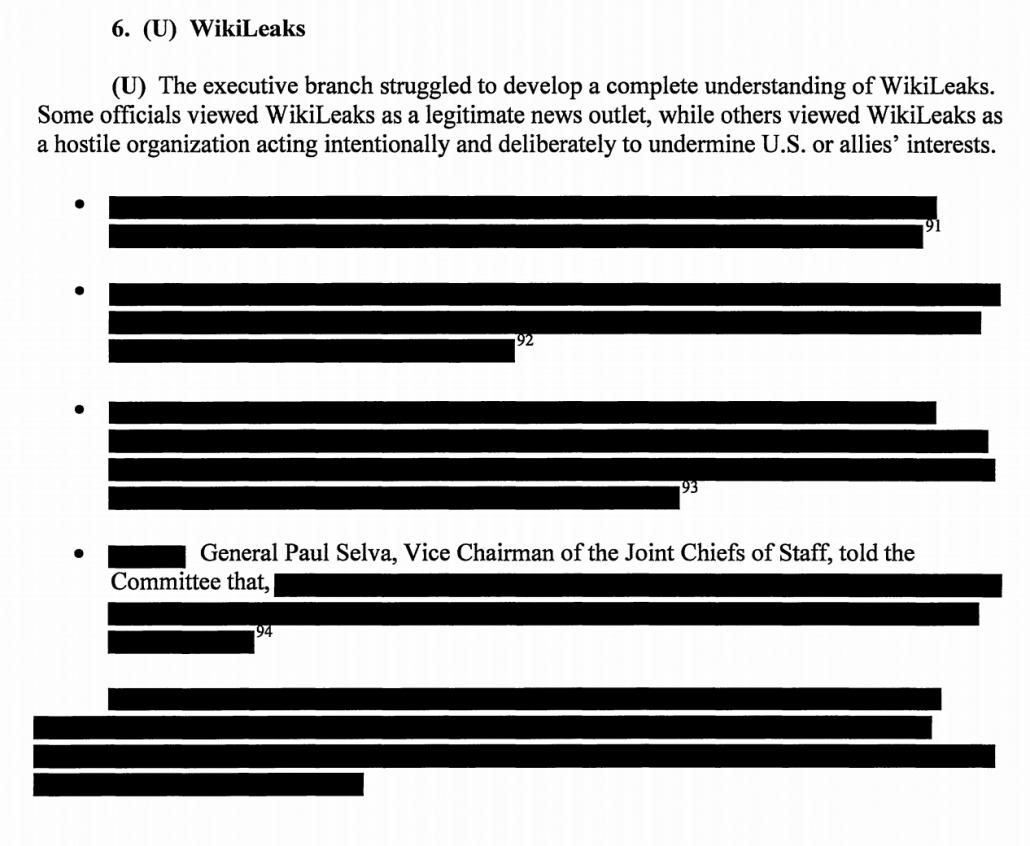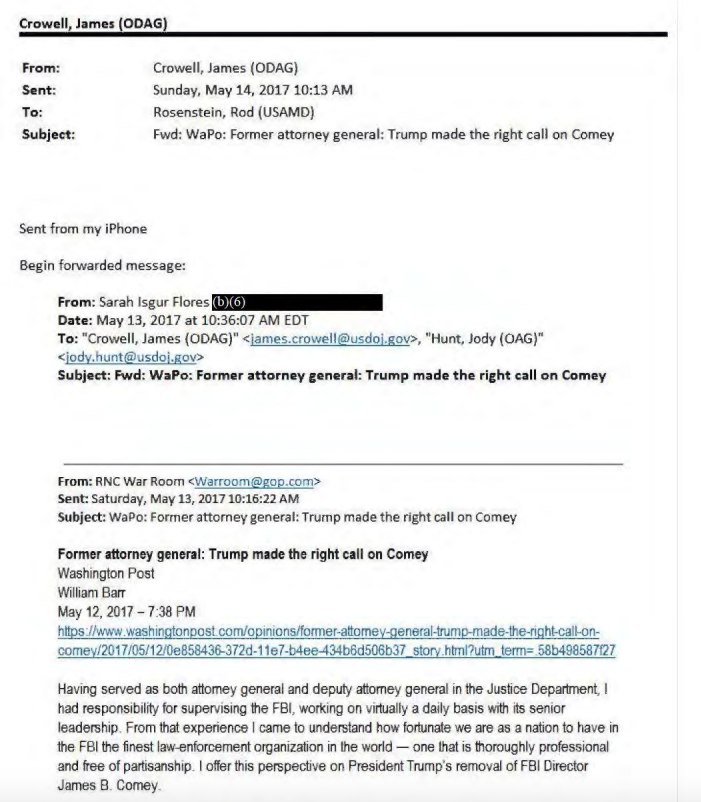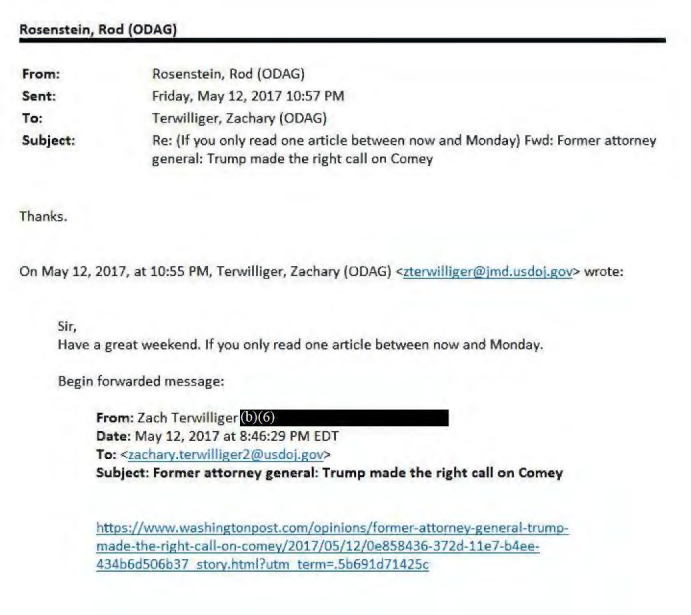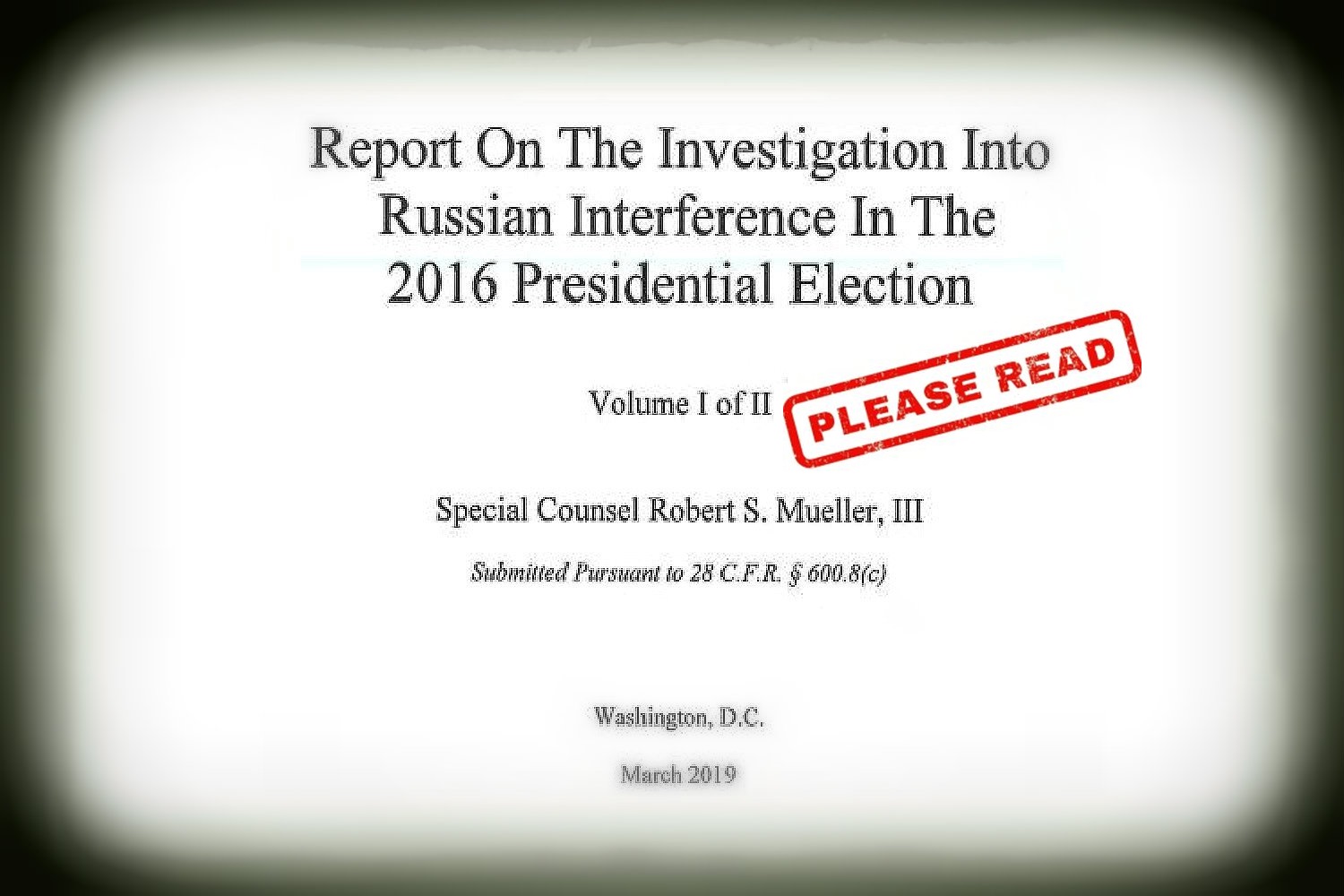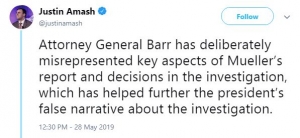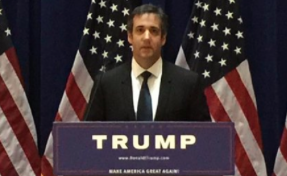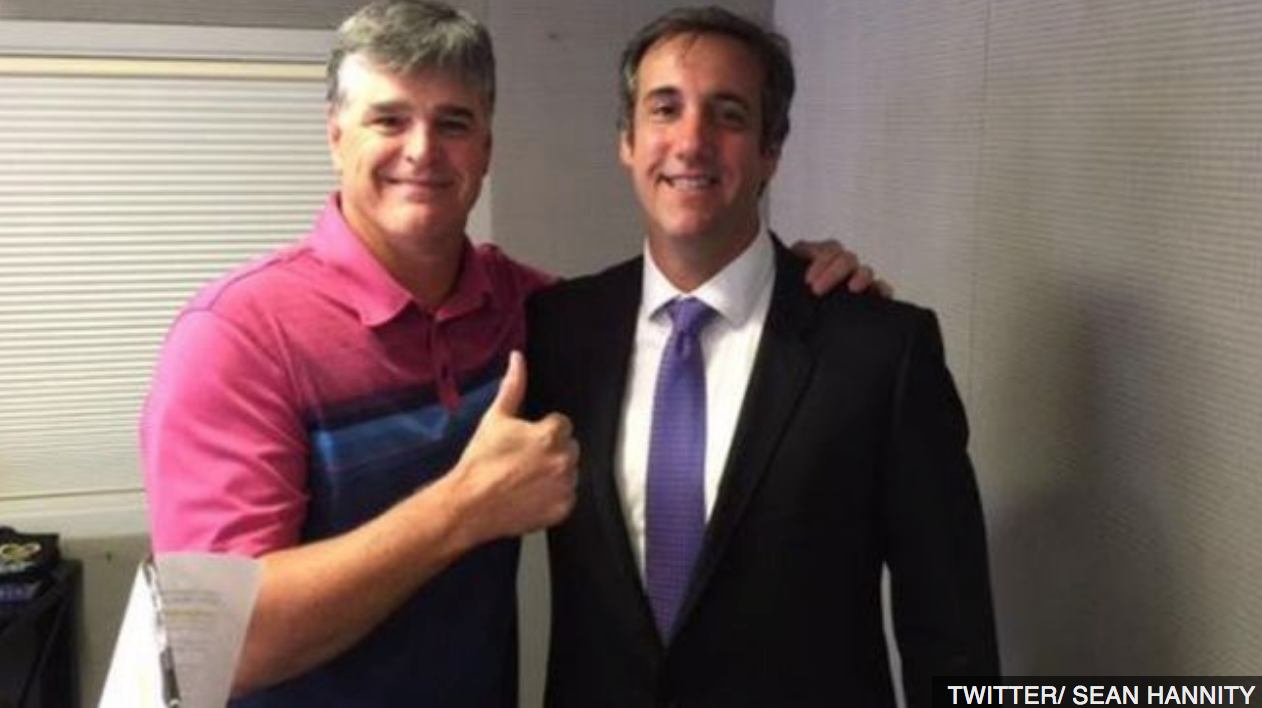The US Government Formed a New Understanding of WikiLeaks after 2016
Julian Assange’s substantive extradition hearing starts today. (I’m collating a list of journalists covering it from the live feed.)
I view the proceeding with great ambivalence.
I definitely agree that some of the charges against him — there are two theories of publishing charges: conspiring by asking for specific files, including entire databases, and publishing the identities of informants — pose a threat to the press. That said, the Trump Administration has used one of the same theories it is using against Assange to threaten journalists even in the last week (and was, before his superseding indictment) with virtually no cries of alarm from those defending Assange. In addition, charging him for exposing the identities of US and Coalition sources is a well-established crime in the UK, the Official Secrets Act, and (because Coalition sources were included among those WikiLeaks is accused of exposing) could be charged if the extradition against him fails.
The CFAA charge against Assange — particularly as expanded in the latest superseding indictment — does not pose any unique threat to journalism. Indeed, Assange’s alleged co-conspirators in the bolstered CFAA charge were already prosecuted, on both sides of the Atlantic, so there’s no question that the underlying hacking is a viable charge. WikiLeaks supporters have pointed to the unreliability of Siggi and Sabu to question those charges. They’ve focused less on the immunity granted David House for his testimony, though at trial Assange’s lawyers would focus on that, too. They might argue, too, that the US government has spun this particular conspiracy well outside the bounds where participants had made common agreement (if they kept spinning, after all, FireDogLake might get swept up for Jane Hamsher’s ties to House and defense of Manning back in the day). But those are complaints about the strength of the government case, not the appropriateness of extradition. I suspect the government case is far stronger than shown in the indictment, which currently relies only on publicly available evidence.
Assange’s defense will call a number of experts (Kevin Gosztola discusses them here), many though not all of whom will present important, valid points. They’ll raise important issues about the free speech implications of this case, the dangers of the Espionage Act, America’s atrocious standards of incarceration, and the EDVA venue; the latter three of these, however, are in no way unique to Assange (and venue for him in EDVA is uncontroversial, unlike it has been for others charged in a district where a jury is virtually guaranteed to include people tied to the national security world). They’ll raise evidentiary complaints to which the lawyer representing the US government will present counterarguments. They’ll talk a lot about the Collateral Murder video, which was not charged.
WikiLeaks’ supporters will also exploit the US government’s Mike Pompeo problem, in this case by misrepresenting a comment he bombastically made about the First Amendment when declaring WikiLeaks a non-state hostile actor in the wake of the Vault 7 release.
No, Julian Assange and his kind are not the slightest bit interested in improving civil liberties or enhancing personal freedom. They have pretended that America’s First Amendment freedoms shield them from justice. They may have believed that, but they are wrong.
[snip]
Third, we have to recognize that we can no longer allow Assange and his colleagues the latitude to use free speech values against us. To give them the space to crush us with misappropriated secrets is a perversion of what our great Constitution stands for. It ends now.
[snip]
DIRECTOR POMPEO: Yeah, First Amendment freedoms. What I was speaking to there was, as – was a little less constitutional law and a lot more of a philosophical understanding. Julian Assange has no First Amendment freedoms. He’s sitting in an embassy in London. He’s not a U.S. citizen. So I wasn’t speaking to our Constitution.
What I was speaking to is an understanding that these are not reporters don’t good work to try to keep you – the American government honest. These are people who are actively recruiting agents to steal American secrets with the sole intent of destroying the American way of life. That is fundamentally different than a First Amendment activity, as I understand them, and I think as most Americans understand them. So that’s what I was really getting to.
We’ve had administrations before that have been squeamish about going after these folks under some concept of this right-to-publish. No one has the right to actively engage in the threat of secrets from America with the intent to do harm to it.
This is not the first time the Trump Administration has had a Mike Pompeo problem when prosecuting WikiLeaks-related crimes, nor should it be the last. I believe Joshua Schulte’s attempts to call Pompeo forced the government to back off its claim that Schulte’s decision to leak to WikiLeaks — allegedly in April 2016 and so months before the future CIA Director was still celebrating WikiLeaks leaks of DNC files — was by itself proof of his intent to damage the US. That’s particularly true as Secretary of State Mike Pompeo torches the infrastructure of Human Rights in the world. While I, in no way, believe the Assange prosecution arises from any personal animus Pompeo has for Assange, Pompeo’s role in it and his clear retaliation against the ICC last week will be easy to use to delegitimize the Assange prosecution.
So WikiLeaks will have a lot of good points to present in the next several weeks.
But they’re also expected to tell a number of cynical lies, including with respect to pardon dangles in the US, lies that will detract from the otherwise very important principles they will raise.
I believe the prosecution of Julian Assange as charged poses a number of dangers to journalism.
But I also believe the government has evidence — some of which it may not want to share during extradition and some of which it may not ever share — that Assange is precisely what they say he is, someone with an entire intelligence infrastructure uniquely targeting the US. Of particular note (as I said regarding one of the new allegations in the CFAA charge), I know of multiple allegations, of mixed but in some cases impeccable credibility, that WikiLeaks has used its infrastructure to spy on protected entities — journalists, lawyers, former associates — going back years, long before UC Global allegedly ratcheted up the spying on Assange. The NYT doesn’t spy on its competitors to find out how they might undermine its unique role, and WikiLeaks itself says such spying on Assange is improper, so there’s no basis to claim that when WikiLeaks does it, it’s all good.
Still, even if Assange is the head of a non-state hostile intelligence agency, does that merit prosecution? While the US has sanctioned the heads of hostile state intelligence agencies, with a few notable exceptions, they don’t extend their jurisdiction overseas to prosecute them.
In addition, the allegations of involvement in Russia in all this are well-founded. The folks involved in the LulzSec chatrooms now incorporated into Assange’s CFAA charge acknowledge there were Russians there as well, though explain that the whole thing was so chaotic no one thought that much about it. Only those who aggressively ignore the public case afford WikiLeaks any deniability that it did Russia’s work in publishing the stolen Democratic files in 2016. The Joshua Schulte trial presented evidence he wanted to work with Russia too; while the evidence presented (almost incidentally, a point I hope to return to one day) at trial is quite ambiguous, I first learned about his willingness to work with Russia months before any such allegation made it into a court filing. In addition, I know of one much earlier instance where someone in WikiLeaks’ infrastructure had similar such interests. And that’s before all the allegations that WikiLeaks diverted files damaging to Russia over years.
All of those are my views about the ambivalence of this extradition proceeding, whatever those are worth as someone who has followed WikiLeaks closely from the beginning.
But there’s another point that has gotten virtually no attention, particularly not from WikiLeaks supporters who often make false claims about the investigation into WikiLeaks that conflict with this point. The government’s understanding of WikiLeaks changed after 2016, and so changed after the Obama Administration decided that prosecuting WikiLeaks posed “a New York Times problem.” The multi-volume Senate Intelligence Report talks about this repeatedly, though virtually all instances (such as this passage from Volume III) remain heavily redacted.
A different passage from the same volume, however, explicitly calls WikiLeaks a “coopted third party.”
Despite Moscow’s hist01y of leaking politically damaging information, and the increasingly significant publication of illicitly obtained information by coopted third parties, such as WikiLeaks, which historically had published information harmful to the United States. previous use of weaponized information alone was not sufficient for the administration to take immediate action on the DNC breach. The administration was not fully engaged until some key intelligence insights were provided by the IC, which shifted how the administration viewed the issue.
And, to the very limited extent you can trust the view of a prosecutor trying to coerce testimony from Jeremy Hammond, the people who will prosecute Assange if he’s extradited claim he’s a Russian spy.
This has important implications for the case against Assange, implications that his supporters make aggressive efforts to obscure. First, the surveillance of Assange almost certainly ratcheted up because of actions Assange took in 2016 and 2017, actions that aren’t protected by journalism. As a foreigner who negotiated the receipt of documents with a presumed Russian mouthpiece, Guccifer 2.0 — in what was surely theater played out on Twitter DMs — Assange and WikiLeaks made themselves targetable as foreign intelligence targets in an attempt to learn about the Russian attack on the US. Assange’s multiple efforts to offer Trump’s campaign a unique benefit — picked up in investigative collections targeting others — made Assange a criminal target in a foreign donation investigation, one Mueller declined to prosecute for First Amendment reasons (50 USC 30121 is cited in the single Mueller warrant admitted to be targeting WikiLeaks that has been publicly released). And because of some overt ongoing communications with Joshua Schulte over the course of the former CIA programmer’s prosecution, WikiLeaks’ communications would be collected incidentally off of collection targeting him as the primary suspect in the leak.
Thus, even before Pompeo declared WikiLeaks a non-state hostile actor, Assange had done things that made him targetable in a way that he hadn’t previously been. And burning down the CIA’s hacking capability behind thin claims of public interest and then continuing to communicate with the presumed source surely didn’t help matters.
And, according to multiple public, official government documents, that changed the US government’s understanding of what WikiLeaks is. Public documents make it clear that witnesses (including but not limited to David House) provided new testimony as the government came to this new understanding, even beyond the government’s ill-fated attempt to coerce more testimony out of Chelsea Manning and Hammond. I know of at least two non-public investigative steps the government took as well. On August 20, 2018 — two days before a prosecutor wrote a gag request in EDVA that mistakenly mentioned the sophistication of Assange and the publicity surrounding his case and eight months after Assange was first charged — a Mueller warrant targeting a Guccifer 2.0 email account described an ongoing investigation into whether WikiLeaks and others were conspiring and/or a Foreign Agent, which suggests a similar amount of activity targeting Assange directly in EDVA. The government conducted a great deal of investigation into Assange — predicated off of either activities that have nothing to do with journalism and/or the fact that there was one obvious source for what might be WikiLeaks most damaging publication — that has happened in recent years.
WikiLeaks supporters will cite something that former DOJ Director of Public Affairs, Matthew Miller, said about how hard it is to distinguish what WikiLeaks does from what the New York Times does.
The problem the department has always had in investigating Julian Assange is there is no way to prosecute him for publishing information without the same theory being applied to journalists.
But Miller made that comment in 2013, before Assange did things that gave the US government reason, entirely independent of things journalists do, to investigate him and WikiLeaks more aggressively. And even in an Administration that might not be in power were it not for Assange’s actions, even after Trump and his associates considered rewarding Assange with a pardon for his help, that has led to a dramatically different understanding of what WikiLeaks is.
That belief — and the government’s still mostly secret evidence for it — does nothing to mitigate the risks of some of the charges against Assange, as currently charged. But it is a fact that should be considered in the debate.
Update: Fixed date of a Mueller warrant I discussed.
Update: Bridges will be posting all the arguments and statements. Thus far they include:


